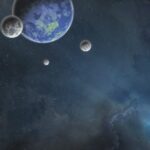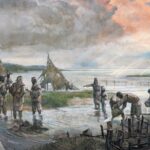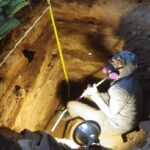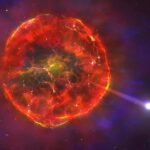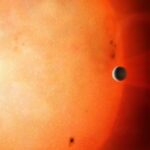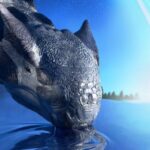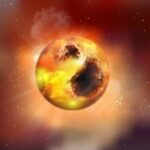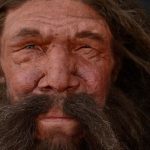‘Lost’ world’s rediscovery is step towards finding habitable planets
The rediscovery of a lost planet could pave the way for the detection of a world within the habitable ‘Goldilocks zone’ in a distant...
Scientists find new evidence of massive tsunami that devastated ancient Britain in 6200BC
Scientists led by the University of Bradford have made a major breakthrough in the hunt for confirmation of a historic mega tsunami that is...
Archaeologists date earliest known occupation of North America
A team led by Newcastle University, UK, used analysis of ancient coprolites – fossilised excrement – to identify that samples from one of the...
Thermonuclear blast sends supernova survivor star hurtling across the Milky Way
An exploding white dwarf star blasted itself out of its orbit with another star in a ‘partial supernova’ and is now hurtling across our...
First exposed planetary core discovered allows glimpse inside other worlds
The surviving core of a gas giant has been discovered orbiting a distant star by University of Warwick astronomers, offering an unprecedented glimpse into...
Asteroid impact, not volcanoes, made the Earth uninhabitable for dinosaurs
The asteroid, which struck the Earth off the coast of Mexico at the end of the Cretaceous era 66 million years ago, has long...
Earth’s nearest supergiant is cooling down at the end of its life
In late 2019 the red supergiant closest to Earth, Betelgeuse, began to rapidly fade in brightness. Initially thought to be a sign that the...
Astronomers detect collision between a black hole and cosmic object
In the other news of the world, a mysterious astronomical object merged with a black hole that’s 780 million light years away. This move...
Agricultural conservation schemes not enough to protect Britain’s rarest butterflies
Conservation management around the margins of agriculture fail to protect butterfly species at greatest risk from the intensification of farming, a new study says.
The...
Humans and Neanderthals: less different than polar and brown bears
Ancient humans, Neanderthals and Denisovans were genetically closer than polar bears and brown bears, and so, like the bears, were able to easily produce...

